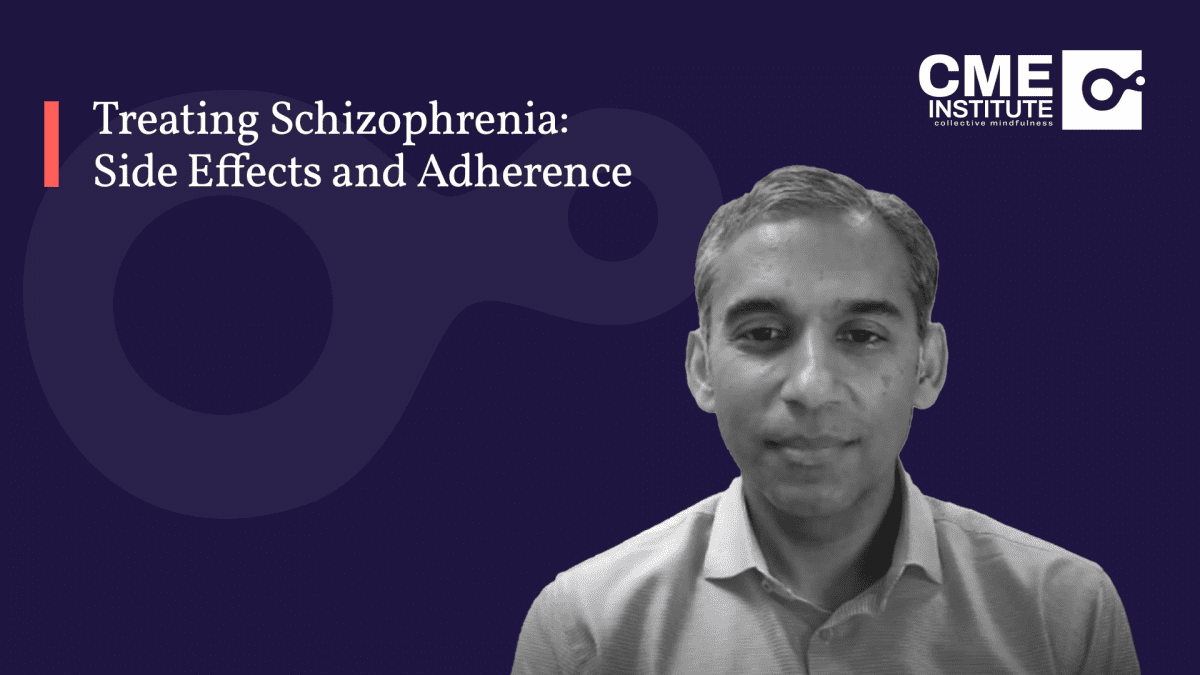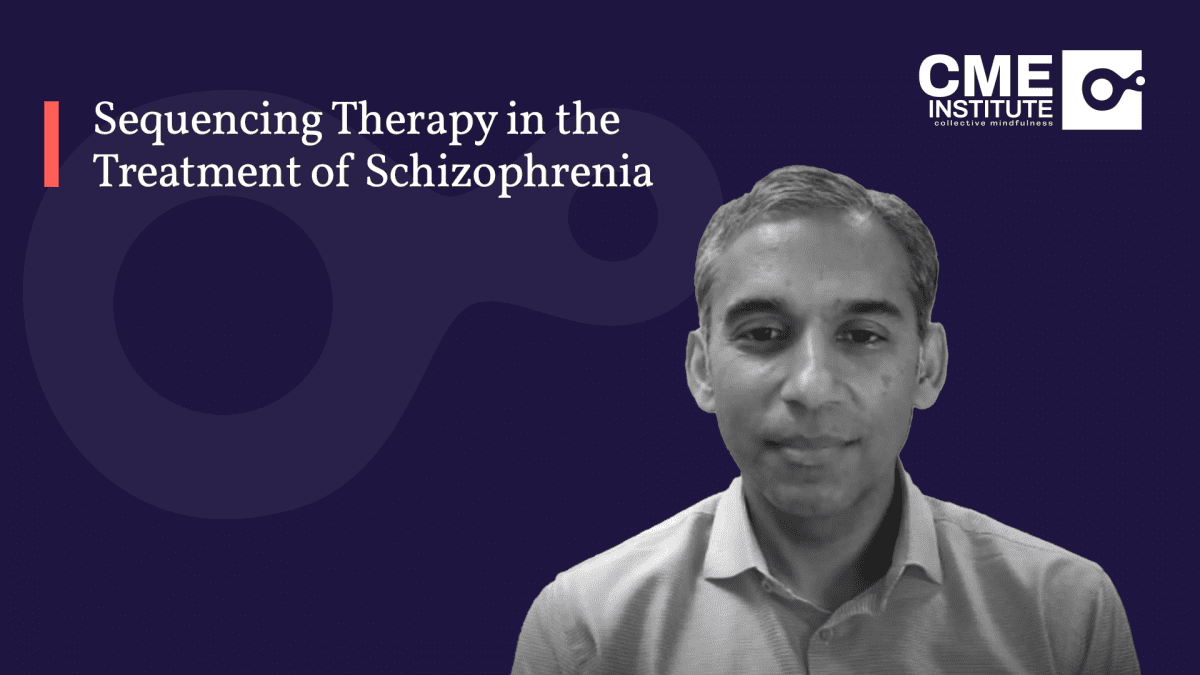https://youtu.be/0Y6iikO4NlE
Evaluating different domains of negative symptoms separately to better understand their impact on functional outcomes, particularly cognitive symptoms, is important in the treatment of patients with schizophrenia, especially intervening to help break the cycle of symptom maintenance. Understanding the reward circuitry implicated in schizophrenia can help clinicians intervene and lead to patients having more fulfilling lives.
Presented by the CME Institute of Physicians Postgraduate Press, Inc. and supported by educational grants from Alkermes, Inc. and Sunovion Pharmaceuticals, Inc.
YOU MAY ALSO BE INTERESTED IN THESE CME INSTITUTE ACTIVITIES









